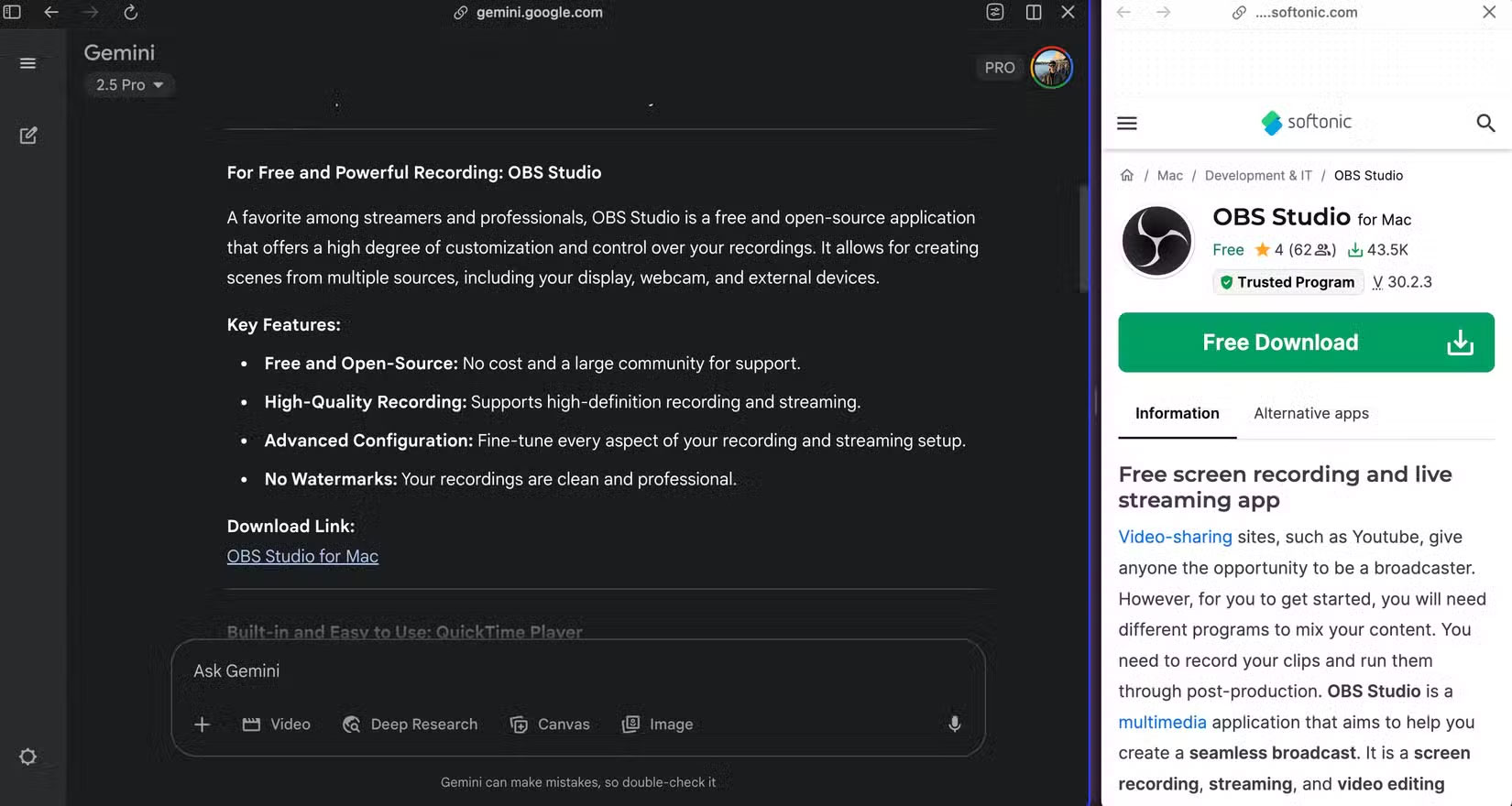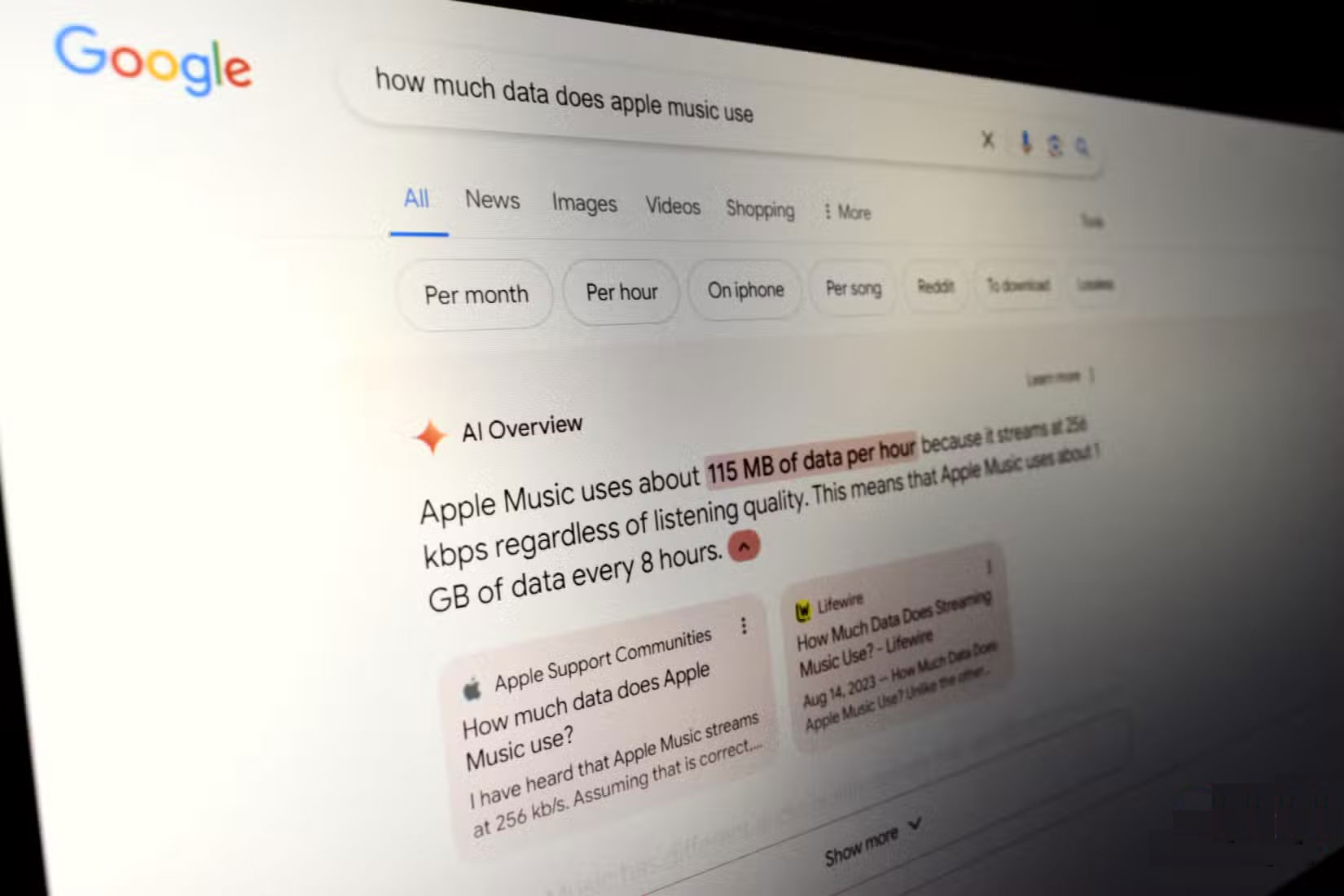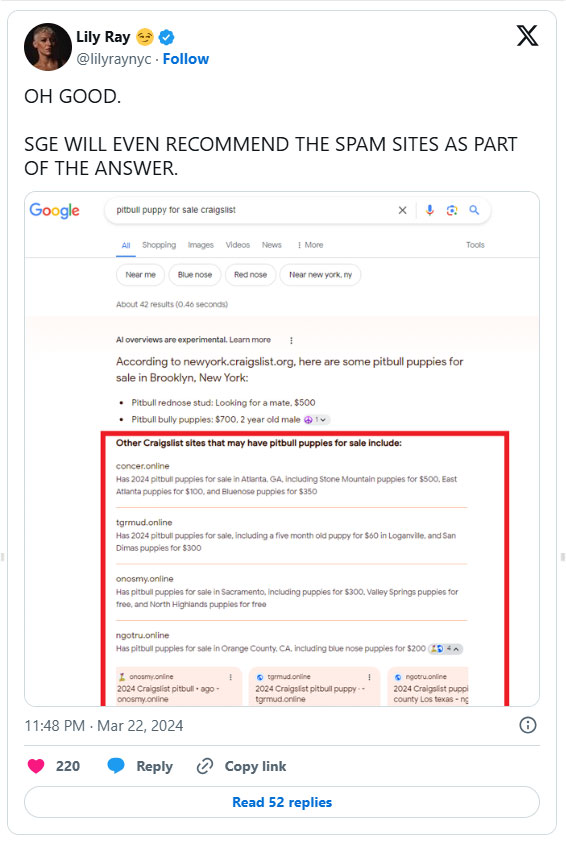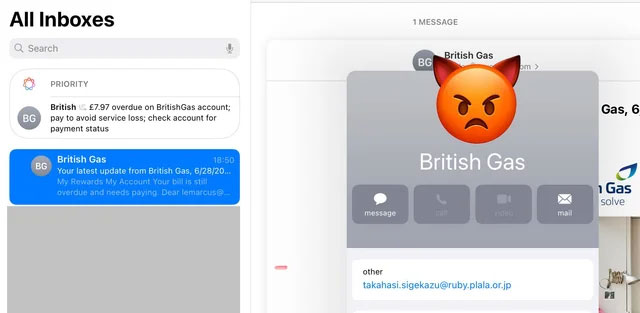Gemini takes users straight to a scam site after web search
Artificial intelligence (AI) is creeping into many areas of the internet , answering search queries, suggesting downloads, and even deciding which emails are worth your attention. But just because it sounds useful doesn't mean AI always knows what it's doing.
Gemini redirects users to download sites known for spreading malware
One user was looking for screen recording apps and thought, why not let Gemini handle the whole thing as an experiment. He let Gemini suggest a few tools and link directly to the download pages. Gemini initially gave him a list that looked good, but one of the download links led to Softonic.
If you're not familiar with Softonic, it's one of those sites that looks harmless but isn't. It's been around for years, and its main purpose is to repackage popular apps in their own installers, often bundling adware, fake browsers, or other unwanted software.
Softonic uses strong SEO techniques to appear near the top of Google search results, despite having a reputation for being unreliable. Now, it's clear that Softonic is even sneaking into AI-generated answers.

Many people have been on the internet long enough to know that Softonic is a red flag. But if it was someone like your parents, or honestly, anyone else who just wanted a screen recorder, they probably wouldn't hesitate to click the link. They'd trust Gemini to provide safe links, click the first result, and unwittingly install junkware on their computer.
That's what worries us the most. These tools sound trustworthy and official, but when you're in a hurry or not tech-savvy, you can easily be fooled.
Google's AI Overviews Don't Make Things Better

If you've searched for anything on Google recently, you've probably seen those big blocks of text at the top of the page that try to answer your question right away. They're called AI Overviews. They're automatically generated by an LLM and pull information from across the web to give users a summary — kind of like what Gemini does, but built directly into Google Search.
While these results may seem convenient, you shouldn't always trust them. There have been cases where AI Overviews have linked users to shady or outright fake websites. Some of these sites look like online stores or services, but are just there to take money or trick users into installing something malicious.

The bigger problem is that this isn't happening on some random engine, it's happening inside Google, which most people still trust completely. Unlike LLMs, where users are still a little more cautious, many people don't even realize that these top search results are generated by AI, so they click on them without a second thought.
Luckily, there are a few temporary workarounds if you want to disable AI Overviews, although they aren't the easiest. However, they may be worth doing if you want to stick to real links and sources instead of relying on something that could potentially cause dangerous errors.
It's not just Gemini - other AI assistants have problems too
Unfortunately, Google isn't the only company struggling with issues like this. There have been reports of how poor Apple Intelligence is when it comes to features, and some of its functionality can actually be dangerous.
One example is the Priority Messages feature in the Mail app, which is supposed to show the most important alerts at the top of the list so you don't miss anything important.
But there have been cases where it flagged phishing emails from fake banks without checking to see if the sender looked suspicious or if the message had any red flags. For an app designed to make life easier, that's a huge oversight, and it's almost forced many people to turn off Apple Intelligence on their parents' iPhones entirely.

The bigger concern is that people are putting too much blind faith in features like this. If your phone says something is important, you believe it. And that trust can be easily exploited when these AI tools can't even spot the basics—like an obviously fake bank email. These mistakes may seem small, but they can have serious real-world consequences if not handled properly.